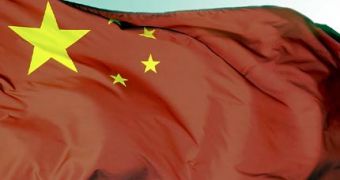Tired of reading about the Chinese government censoring the media and then going halfway for the compromise? Well, you're not going to enjoy knowing that it happened again, and in a period that was supposed to show the world that all is not as bad as dissidents make is sound like. The first pointer that the government was set on lowering its standards, at least for the period of time prior to the Olympic Games, was given when, in February, a law saying that the only video sites allowed to be viewed should be under its control was revoked. Directly impacting YouTube, it caused a few sighs of relief.
Then again, what is giving your word if you can't take it back? The current unrests caused by those fighting for more Tibet independence have convinced the ruling body to suddenly censor everything that had content relating to the story. CNN, BBC and other stations have had their signal scrambled while reporting live from the scene of the riots, or presenting cover stories on the topic, and YouTube has been blocked entirely.
Being the ideal means of making one's voice heard, or in this case, a cause known, Google's video sharing service has been repeatedly censored in China in the past. A spokesperson for YouTube said that it "is looking into the matter, and working to ensure that the service is restored as soon as possible." Even Google News got the axe, but from the IDG report, it's not clear whether it was news.google.com or news.google.cn. The difference between the two is that the latter self-censors some undisclosed publications that oppose the government stance.
Funny fact: the Bush administrations removed China from a human rights blacklist with only three days before the violent repression of protests. Ok, not funny, but ironic. And this is irony, not rain on a wedding day, as Alanis Morissette would lead us to believe.

 14 DAY TRIAL //
14 DAY TRIAL //